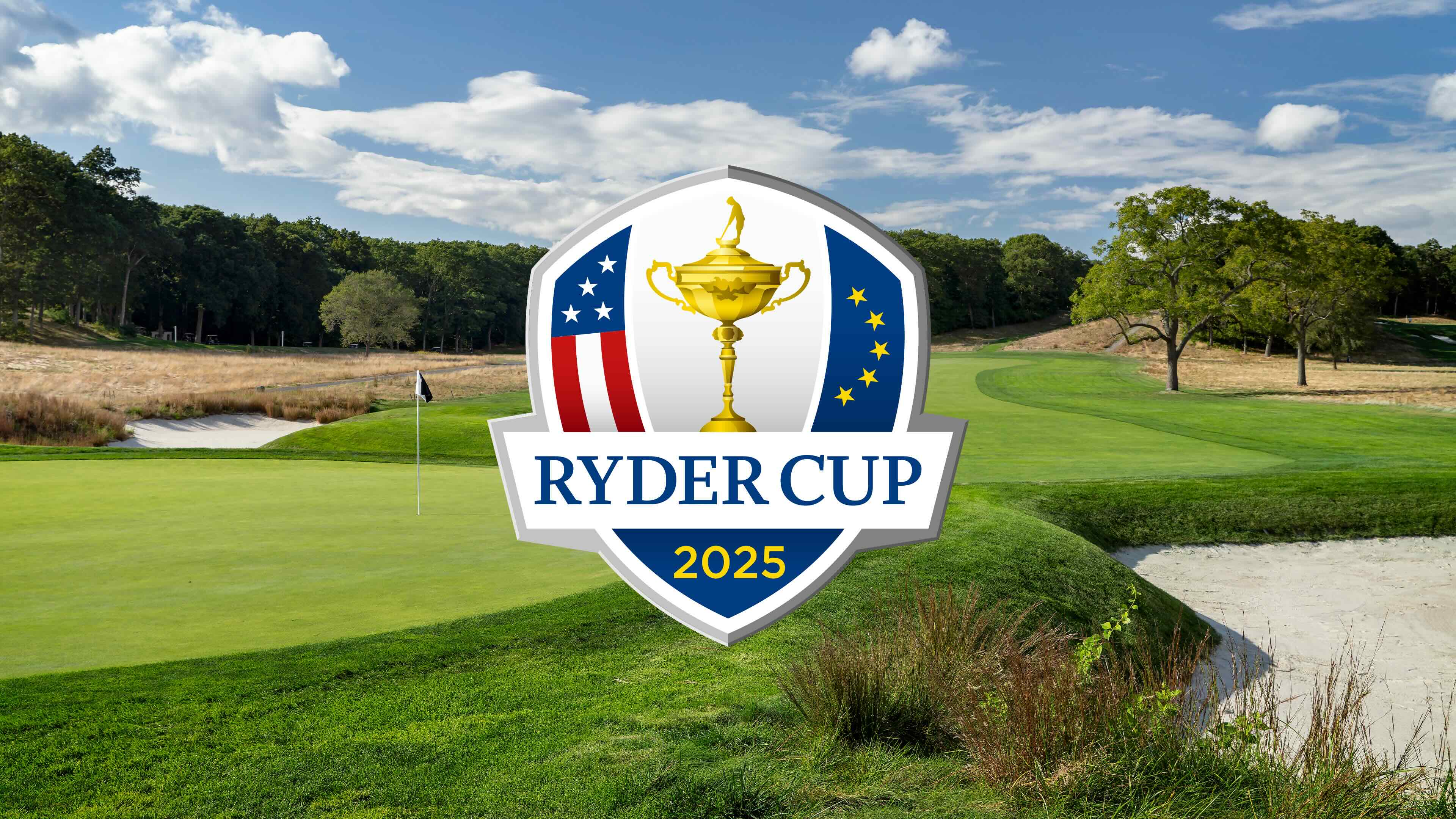Berkshire can’t keep up with the S&P since Buffett’s retirement
The post Berkshire can’t keep up with the S&P since Buffett’s retirement appeared on BitcoinEthereumNews.com. Berkshire Hathaway (NYSE: BRK.A) is now trailing the broader market by nearly 23 percentage points, as the so-called Buffett premium appears to be evaporating in the wake of the legendary investor’s retirement. Since May 3, 2025, when Warren Buffett formally announced that he would step down as CEO of Berkshire at the end of the year, the firm’s Class A shares have declined 12.66%, while the S&P 500 has surged 9.93% over the same period, according to Barchart data. Berkshire vs SP. Source: Barchart The stark divergence highlights investor hesitation around Berkshire’s future under Greg Abel, the long-designated successor now preparing to assume control on January 1, 2026. While Buffett will retain the title of Chairman, the market is no longer treating Berkshire as the same fortress of stability and compound returns it has long been under his direct leadership. A 60-year outperformance… Then a gap Buffett has famously overseen Berkshire’s rise from a failing textile manufacturer to a $700,000-per-share conglomerate with sprawling interests across insurance, energy, railroads, and consumer goods. For decades, its stock reliably outperformed the broader market. But that leadership halo now seems to be dimming. Since the retirement announcement, Berkshire has failed to participate in the broader rally. While the S&P 500 climbed nearly 10%, driven by AI-fueled tech optimism and bullish earnings momentum, Berkshire sank, posting one of its worst multi-week relative performances in recent memory. This reversal marks a rare period of underperformance not due to company fundamentals or macro headwinds, but rather a perceived leadership void. Why investors may be hesitating Buffett’s name alone has long been a proxy for discipline, prudence, and long-term compound gains. But as succession shifts from narrative to reality, investors may be reassessing how much of Berkshire’s past performance can be replicated without the “Oracle of Omaha” actively…

The post Berkshire can’t keep up with the S&P since Buffett’s retirement appeared on BitcoinEthereumNews.com.
Berkshire Hathaway (NYSE: BRK.A) is now trailing the broader market by nearly 23 percentage points, as the so-called Buffett premium appears to be evaporating in the wake of the legendary investor’s retirement. Since May 3, 2025, when Warren Buffett formally announced that he would step down as CEO of Berkshire at the end of the year, the firm’s Class A shares have declined 12.66%, while the S&P 500 has surged 9.93% over the same period, according to Barchart data. Berkshire vs SP. Source: Barchart The stark divergence highlights investor hesitation around Berkshire’s future under Greg Abel, the long-designated successor now preparing to assume control on January 1, 2026. While Buffett will retain the title of Chairman, the market is no longer treating Berkshire as the same fortress of stability and compound returns it has long been under his direct leadership. A 60-year outperformance… Then a gap Buffett has famously overseen Berkshire’s rise from a failing textile manufacturer to a $700,000-per-share conglomerate with sprawling interests across insurance, energy, railroads, and consumer goods. For decades, its stock reliably outperformed the broader market. But that leadership halo now seems to be dimming. Since the retirement announcement, Berkshire has failed to participate in the broader rally. While the S&P 500 climbed nearly 10%, driven by AI-fueled tech optimism and bullish earnings momentum, Berkshire sank, posting one of its worst multi-week relative performances in recent memory. This reversal marks a rare period of underperformance not due to company fundamentals or macro headwinds, but rather a perceived leadership void. Why investors may be hesitating Buffett’s name alone has long been a proxy for discipline, prudence, and long-term compound gains. But as succession shifts from narrative to reality, investors may be reassessing how much of Berkshire’s past performance can be replicated without the “Oracle of Omaha” actively…
What's Your Reaction?




































